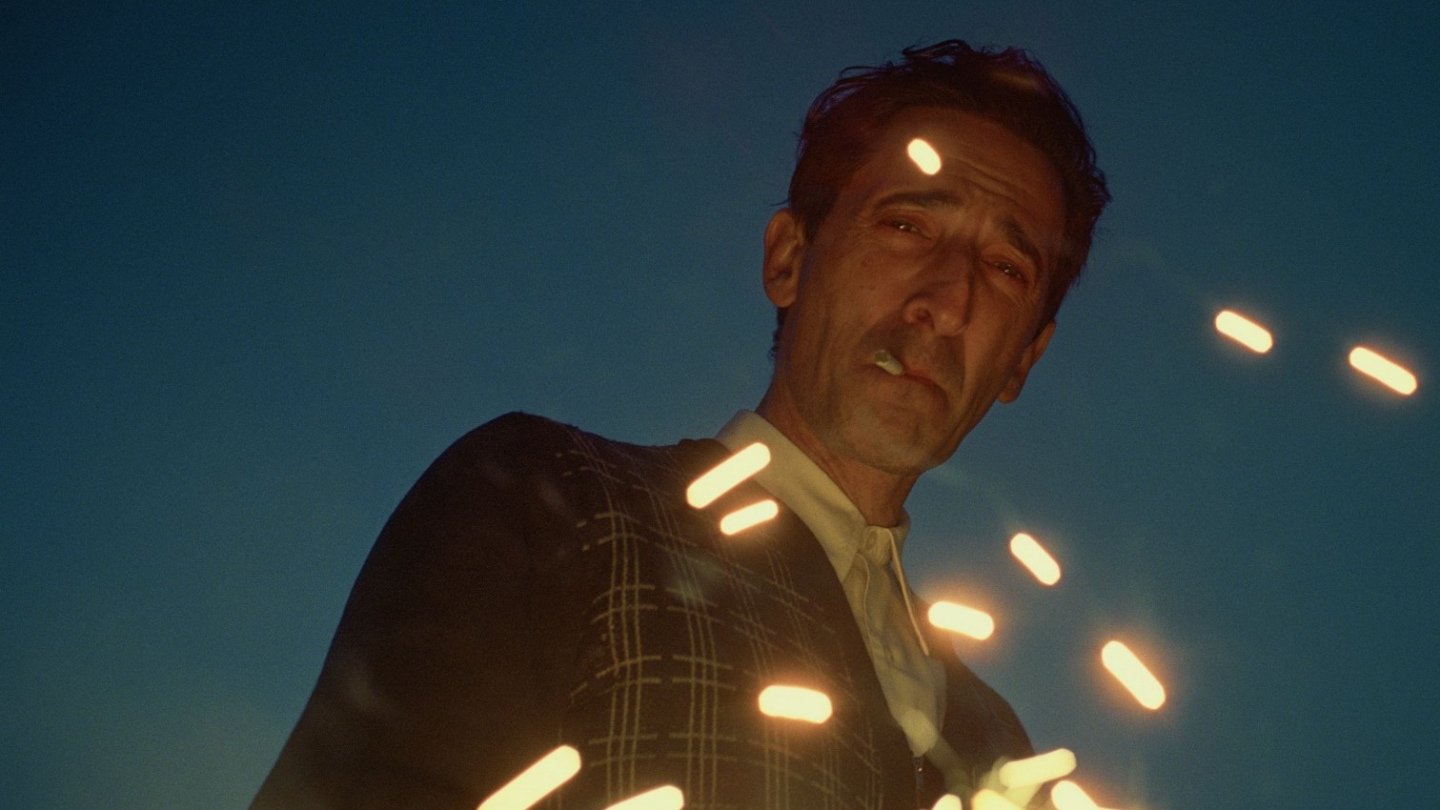All the Weirdness in the World

Bob Dylan, Newport Folk Festival, 1965.
Watching the Dylan biopic A Complete Unknown it was striking to see not simply the florid period of Dylan’s output but how it was a part of the unfolding events shaking the world. At the heart of it was the postwar power and cold war shadow that was the USA. Sound familiar? Fear of nuclear armageddon, political upheaval, unwanted war, the environment, and fights for freedom and equality were the fabric of the quilt that was tearing at the seams of 1960s America.
I didn't appreciate the music of the 60s as I do now. Films like The Big Chill were a show of strength of the Boomer generation and when they were running things, all pop culture and music would directly refer to the time of their youth. We were constantly told by aging journalists, DJs, and music directors that Dylan was a mysterious deity, a genius, and oft suggested he might not be mortal. That was the bee in my bonnet and that bonnet was my cross to bear. As a Gen Xer, I recognize that the music of my youth is now popular and much revisited in many Marvel films and film franchises that returned from the dead for no particular reason (Top Gun, Beetlejuice, Ghost Busters etc.). Don't worry. This is just a brief blip as we Gen Xers are not a big bunch and we're getting older and would like to retire before the Earth is entirely engulfed in flames.
They say "Victors write history", but they forget to mention that the generation that comes after the victors get to rewrite history. I have reached the age when history starts repeating itself and it is very ugly. Let's go back some 40 years ago. Oh, I was a bright-faced boy who could not keep up with being cool, so I didn't bother. I couldn't afford it (the looks, the music, the whatever). I discovered my musical tastes later than a lot of people. In fact, I think I discovered that any of my tastes (music, film, art, books) would never be fully "discovered" but would be a continuous thing I am always chasing, finding, understanding or being wrong about. It's often said that the tastes, likes, and dislikes that you form as a teen are the ones that influence and inform your choices for the rest of your life. I can't really argue against that though I'm sure many would. One thing I think The Olds get wrong about teenagers in general, is that they don't know and understand the flotsam and jetsam of the world. Of course, teens don't have the weight of bills, work, and taxes on them, but they can have a keen eye for simplifying big issues into black and white. The moral greyness of adulthood hasn't clouded their eyes with corneas of experience.
Read more »






